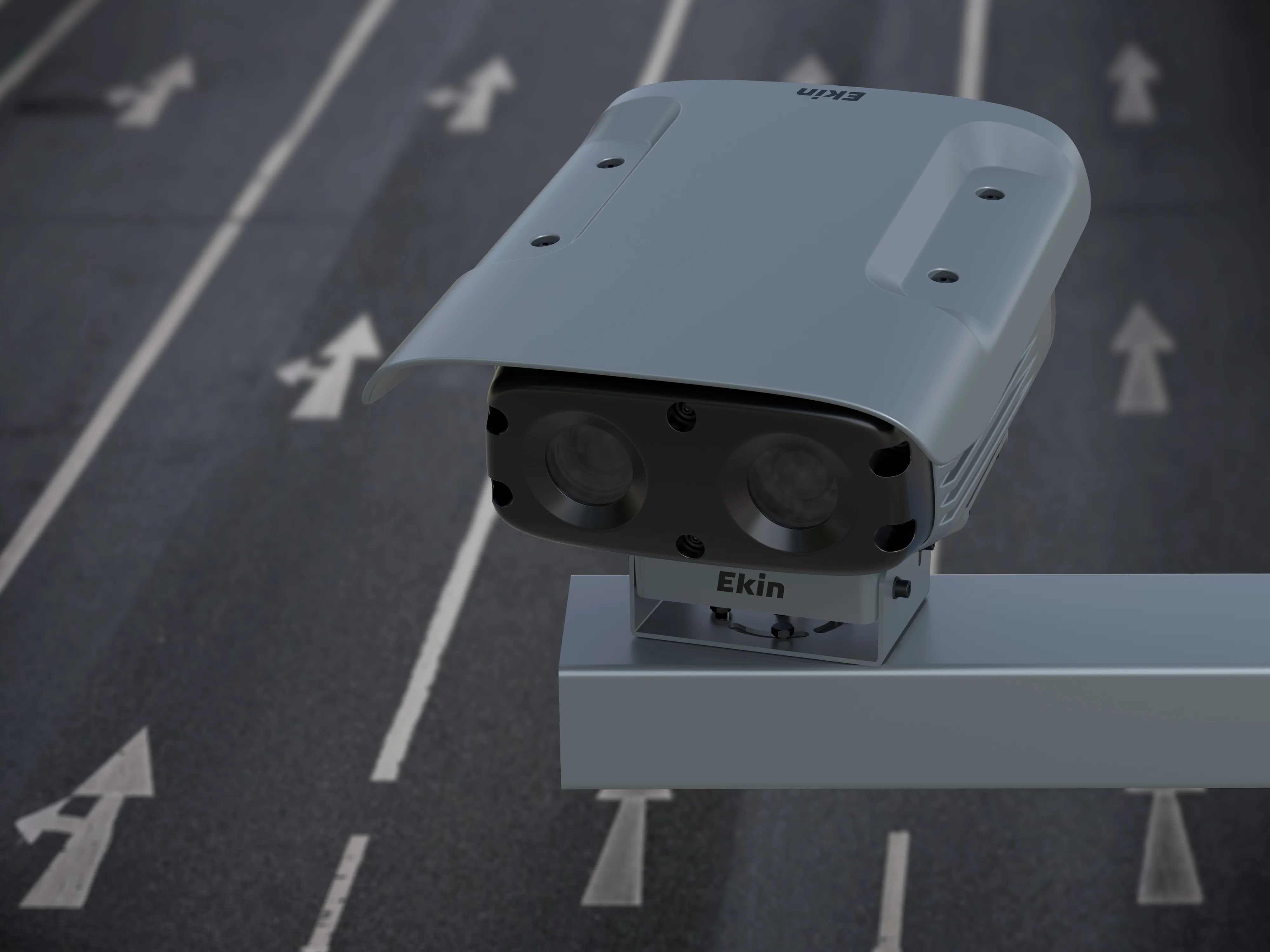
SkidAnalyser, part of a suite of software tools for managing highway survey data, is cloud-based and analyses information collected by Saber’s road safety vehicles. These measure levels of skid resistance in wet conditions. The company says the idea is to make raw data from surveys available within days of collection – and this can in turn alert highway authorities to road surfaces that need urgent remedial work.
Steve Batchelor, MD of Saber, says: “This latest development means that skid-risk data becomes available not only much more quickly, but it is presented in a visual, easy to understand way. This allows decisions to be made more quickly and with greater confidence.” The system uses Google Maps to display data spatially and includes a tablet app for site investigations.








